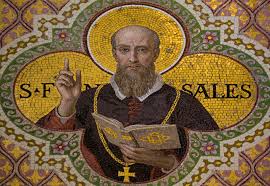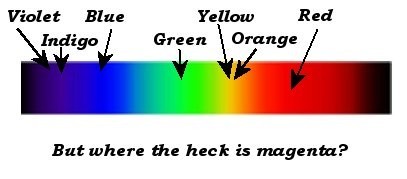David Brooks wades into the Benedict Option debate by posing a contrast between religious stances of purity and irony. Could he mean sectarians versus Niebuhrian realists?!? There’s something I know about. Brooks opts for the Niebuhrian realism, countering the Benedict Option with a recommendation of “Orthodox Pluralism,” capturing well an optimistic Niebuhrian pessimism (realism!), hanging onto “contact with a transcendent ideal” while recognizing that “those purists who aim to be higher than the angels often end up lower than the beasts.” Predictably, the next paragraph strikes into the usual suspects, like medieval inquisitors and “modern Islamic radicals” – though interestingly, including with them “secular purists” like “the students at Middlebury who want to shout down differing opinions.”
The problem with Niebuhrianisms are that they appear more pluralistic than they actually are. Brooks’s claim – that religions are a means to the end of “contact with a transcendent ideal,” which he sees (not wrongly) as necessary for everyone to escape the (destructive) confines of the idolatry of self – is not really pluralistic. Rather, it constructs a version of religion to which Brooks expects all religions to more or less conform AND in addition expects all secular people to accept, not simply as some unfortunate private fantasy, but as a humanly necessary endeavor. Pope Benedict describes this in terms of a globalization that Brooks might appreciate in Caritas in Veritate, “promot[ing] a person-based and community-oriented cultural process of world-wide integration that is open to transcendence.” Or more bluntly: “Without God man neither knows which way to go, nor even understands who he is.” In its papal form, it is perhaps more obvious that this proposal is not really as pluralist as it seems.
And in that sense, it may be that the discussion between Dreher and Brooks – between purity and irony, church and sect – is (as Hauerwas has always said) a conversation not about God or Jesus, but about America. While Dreher does cite LGBT issues as “the tip of the spear,” his deeper concern is rooted in the sociological work of Christian Smith. Smith’s work does not support Brooks’ claim that there is a widespread longing for religion today, but instead suggests that (except for certain well-defined groups, above all Mormons) even younger people who continue to define themselves as affiliated with a religion have a very “light” sense of what that means. In fact, Smith’s work tells a story that is consistent with larger narratives like Charles Taylor’s A Secular Age – not 2017 or even the 1960’s – where religious groups lose their ability to shape a social imaginary and future generations. First the mainline, now the Catholics, soon enough the evangelicals. In fact, Dreher’s story may be just as Americanocentric. Taylor himself is far more interesting in this regard; instead of going Niebuhrian, Taylor is clearly attracted by the sort of mission-in-the-world interior commitment that animates Ignatius, Francis de Sales, and Ivan Illich. Taylor is not a Benedict Option guy, but he, like Dreher, suggests serious intentional commitment is the only way to proceed in the current era.
Perhaps the attempt to identify one right response is a mistake. I think it could be said to be a peculiarly Protestant mistake (the one right way!), insofar as one of the marks of the history of Catholicism has been its ability to maintain a diversity of Christian vocations in a diversity of cultural contexts, while still manifest a unity that is not merely “transcendent.” Instead, the unity turns on a notion of sacramentality, such that the Church is a (political) body in the world that if properly not (politically) of the world.
That said, any response in today’s society should highlight humble moral integrity across the board is the foundation. One of the most unfortunate splits within Christianity is a dual between an earnest (but self-righteous) moralism and a forgiving (but laxist) complacency. Christians seem to find new and ingenious ways to play out this drama through the centuries, right up to our present-day Catholic debates about divorce and capitalism. Here again, the gospels themselves present a tightrope act. In fact, what they seem to present is a “non-self-righteous moralism” – high standards, humble hearts. And they have to be high standards across the board – let’s not sort the social justice people on one side and the sexual ethics people on the other.
Let’s avoid the Niebuhrian/sectarian debate by understanding anew that the Church is a collective sacrament and that faithfulness to the Gospel in all parts of our lives is what Jesus invites, rather than a cultural strategy for America 2017.





